Growing Up Purple in a Sea of Blue
What does it mean to go to school in a centrist town that is part of a liberal state?
September 29, 2022
We, quite obviously, go to school in Sutton, Massachusetts, a somewhat paradoxical juxtaposition of names. Massachusetts is currently indisputably a “blue” (Democrat) state. With the exception of our governors (of whom five out of the last six have been Republicans), Massachusetts elects Democrats almost exclusively on the statewide level.
Recently re-elected Massachusetts Senator Ed Markey won by over a two to one ratio over challenger Kevin O’Connor in 2020. Even in House races, our home state sends only Democrats to the lower house of Congress.
And yet, Sutton emerges as a purple island in the blue sea. Our town is much further to the right ideologically than the state as a whole, making this town a centrist or even slightly conservative place to live.
In 2016, former President Donald Trump won the town by over ten percentage points when his opponent Hillary Clinton won the state handily. And in 2020, President Joe Biden won the town by only ten votes while winning Massachusetts by over 1.2 million votes.
Therefore, it is not a far cry to say that the places in which we attend school may affect our school life.
A prime example of how this may affect our life in school is in our Drama Club. For example, in February, the club is considering staging a performance of Twelve Angry Jurors, an adaptation of Twelve Angry Men. Those familiar with the story will know that its content can be vulgar and at times explicit. Due to this, Mr. Loss, the Drama director, has “cleaned up” the play in several places, removing vulgar words and toning down some more intense moments.
This is not without reason. Imagine, if you will, a performance with several vulgar moments in front of an audience, whom, from the general ideological makeup of the town in which it is performed, one can expect to lean conservative. It is easy to envision backlash for performing this material to that audience. Thus, this revision to the play’s content may be necessary and shows an instance of the town’s general ideology having an influence on our school.
Let us now examine the impact the liberal nature of our state has on our school system. One part of our school life that many would attribute to the state’s leftward leaning is its Connections program. This is an organization that seeks to address and remedy social issues.
The group does not self-identify as one with any particular political leanings. Ms. Motyl-Szary, a prominent Connections adviser, said as such.
“Our mission is to make our school a more safe and supportive place for all people,” she said, later remarking, “I don’t think it’s political to want to make our school a safe place.”
Mr. Marcucci, another Connections adviser, agreed with Ms. Motyl-Szary, citing that building connections between people is not political but simply indicative of being kind.
The two aforementioned faculty members make a strong argument. Indeed, to facilitate the building of connections between different people and coming to understand everyone’s point of view is of course inherently beneficial.
But this opinion is not shared by everyone in regard to programs like our Connections. Some say that these programs are liberal-leaning.
J. Martin Rochester, a professor of political science at the University of Missouri-St. Louis, wrote for the Fordham Institute that ¨Contrary to [social justice programs’] claim that they celebrate ‘disagreement,’ they seem to promote only a politically correct, left-leaning perspective.”
Several Connections members disagreed with Rochester, including juniors Nixon Huggins, Emily Pietras, and Margaret Jakubiak. They said that Connections tries to encompass everyone and does not educate its members on holding specific political opinions but simply on the issues, letting its members form their own opinions.
Fellow junior and Connections member Charlotte Sumner said that while she believed that there was a liberal lean in the teachings of Connections, the program was not political because it succeeded in simply educating its members on social issues and letting them do the rest.
But there are some at Sutton who believe Rochester’s ideas to be true. Anonymous juniors who are not members of Connections said that the program is pushing an agenda and ideas often considered right-wing brought up in discussion in the group will only cause conflict.
They noted that, given that the group touches upon subjects that have connections to politics, the group should be considered a political organization.
If this organization does indeed have a leftward lean, it may be evidence that the overall similar leaning of our home state may affect our school life.
Therefore, the state and town in which we attend school have profound impacts on our lives. This is true in multiple facets of life, not simply social areas.
For example, if one goes to the beach in Florida, they will likely pack sunblock, which would certainly not be true in a state such as Alaska, where one might pack a parka.
One can see the differences in regions in social and political life as well. As another example, more industrial areas may have a more general sentiment of the government supporting workers, whereas a more rural and agricultural area would probably support farming subsidies more than others.
These are but a few ways in which where we live affects who we are and what we do. We will always have different opinions and practices, but these need not divide us. Rather, understanding what we think and why we think it helps us all to build a more fair and inclusive society.




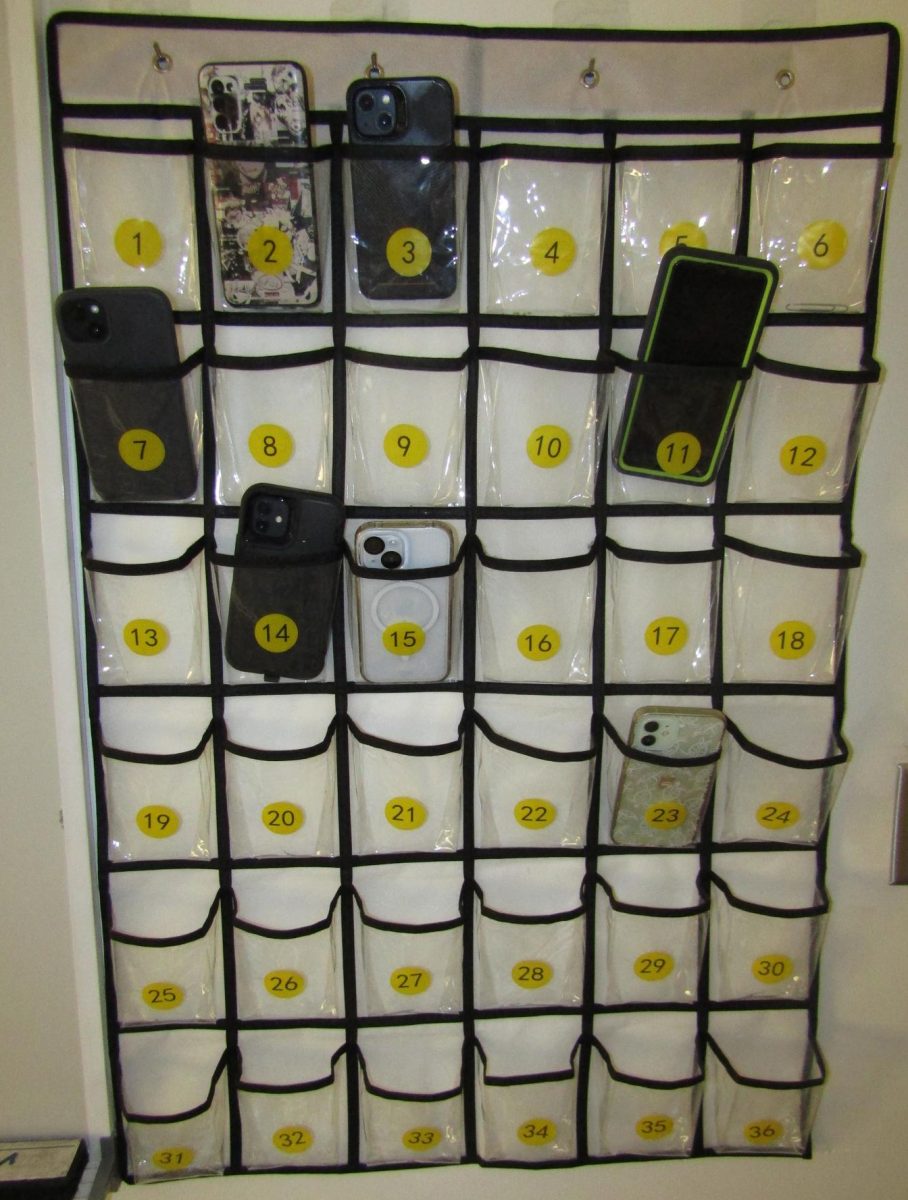










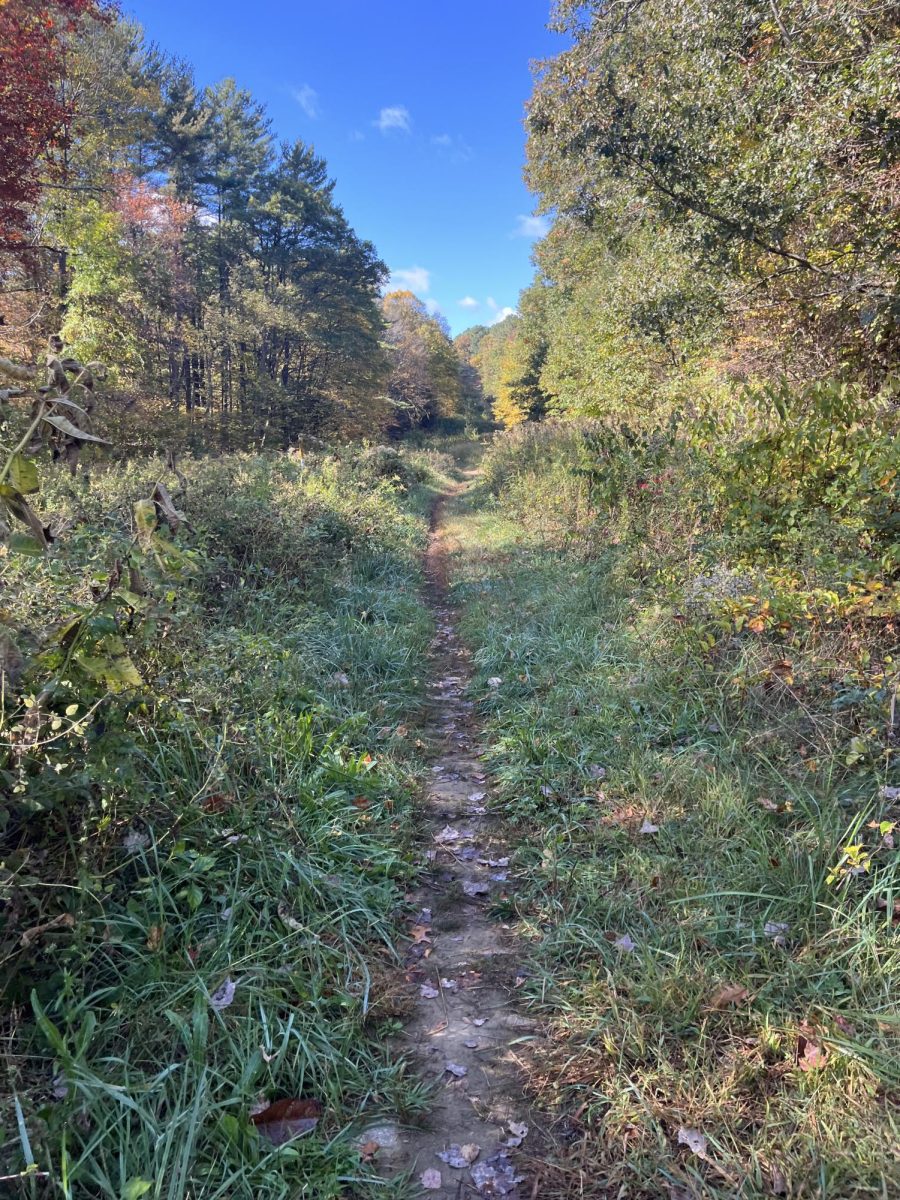



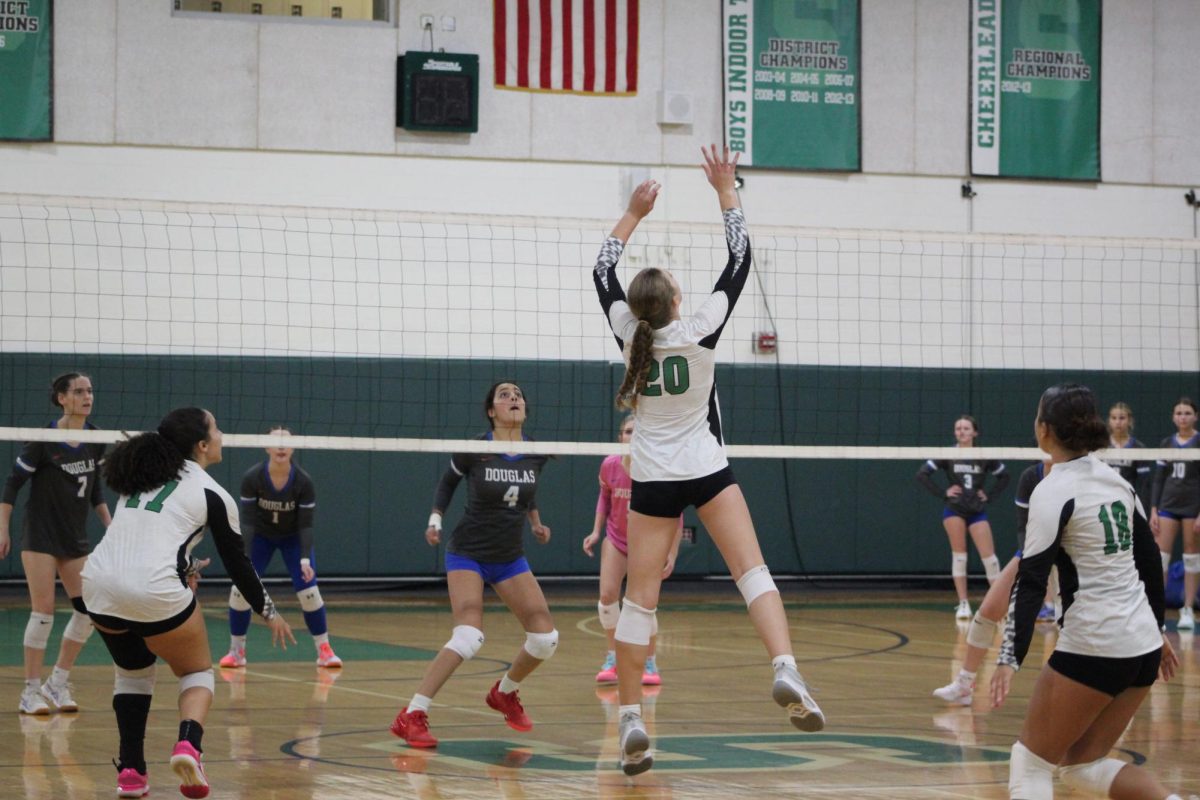
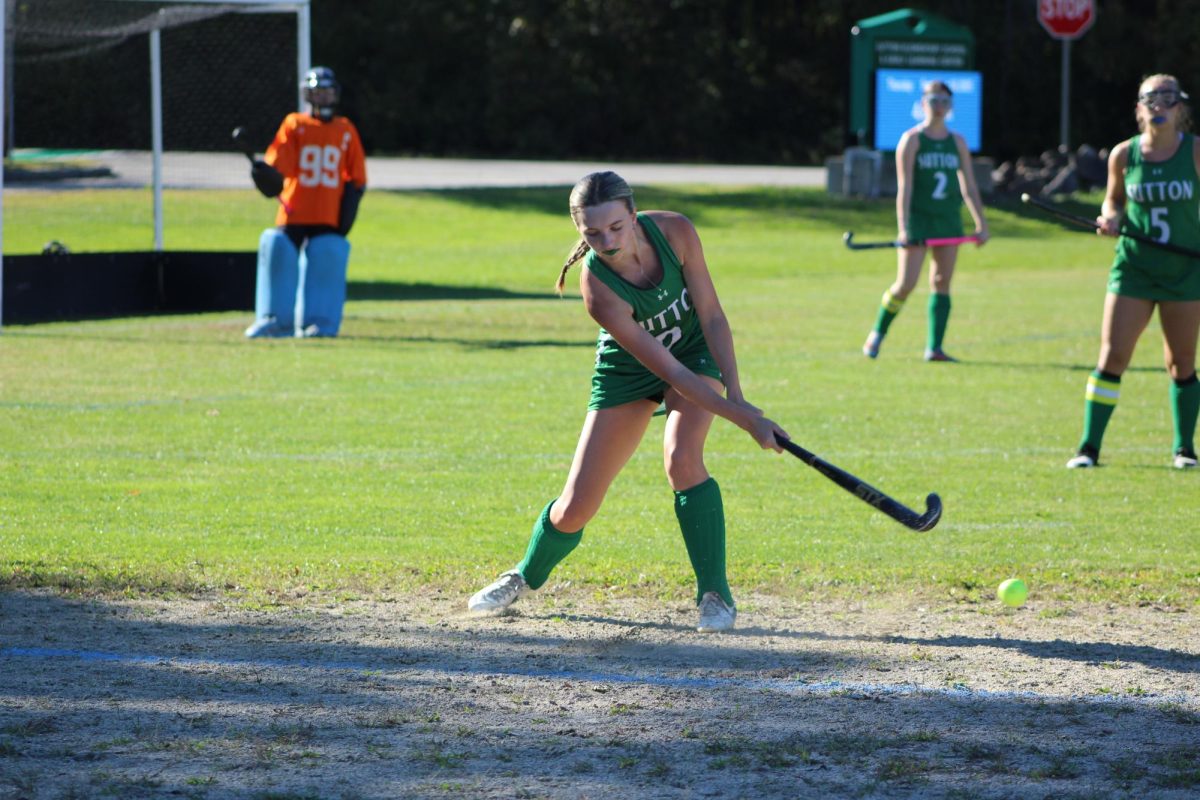
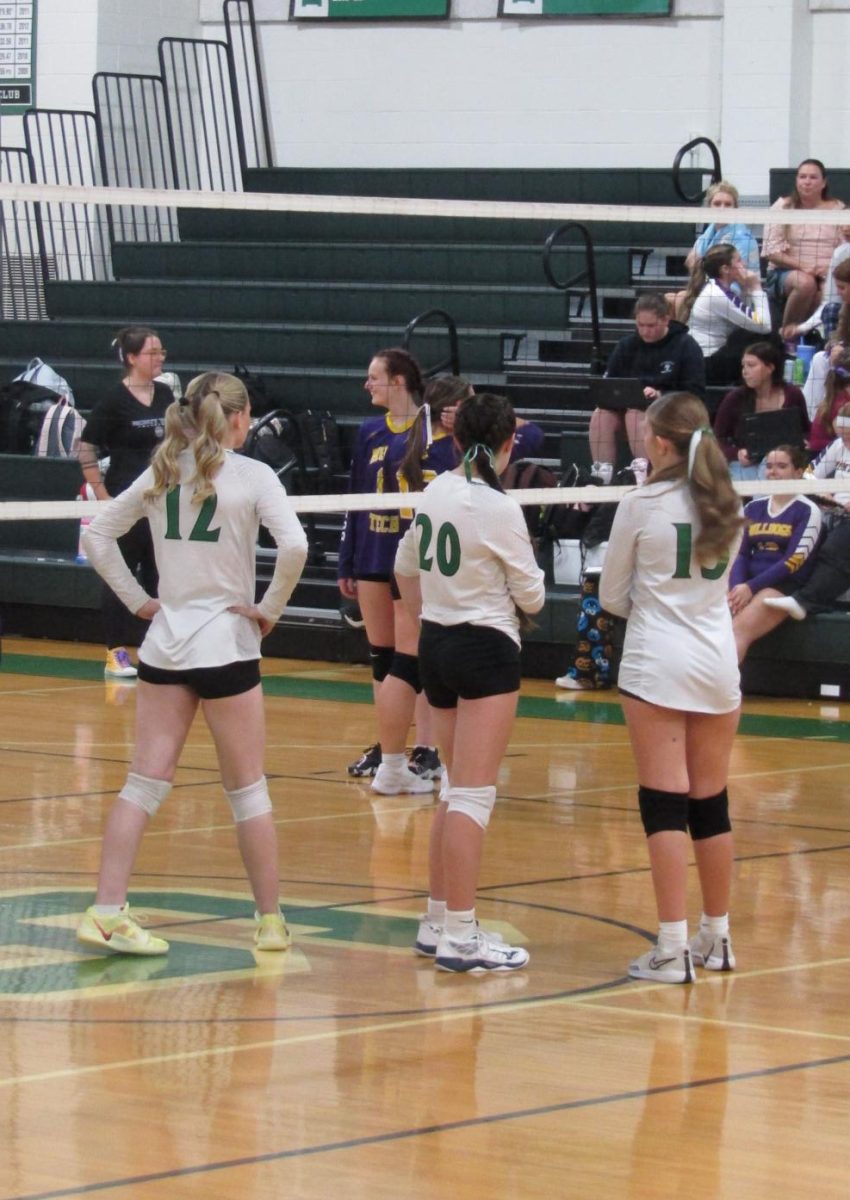
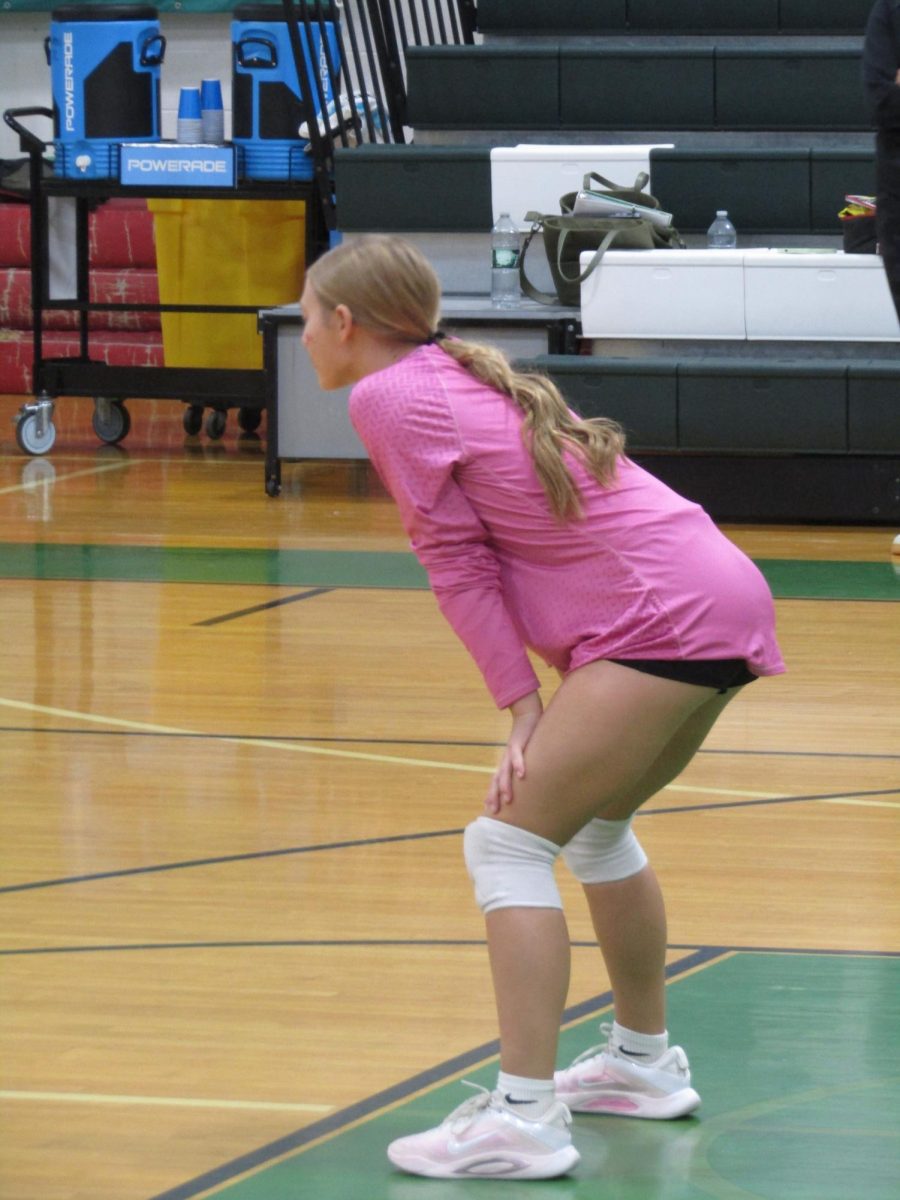
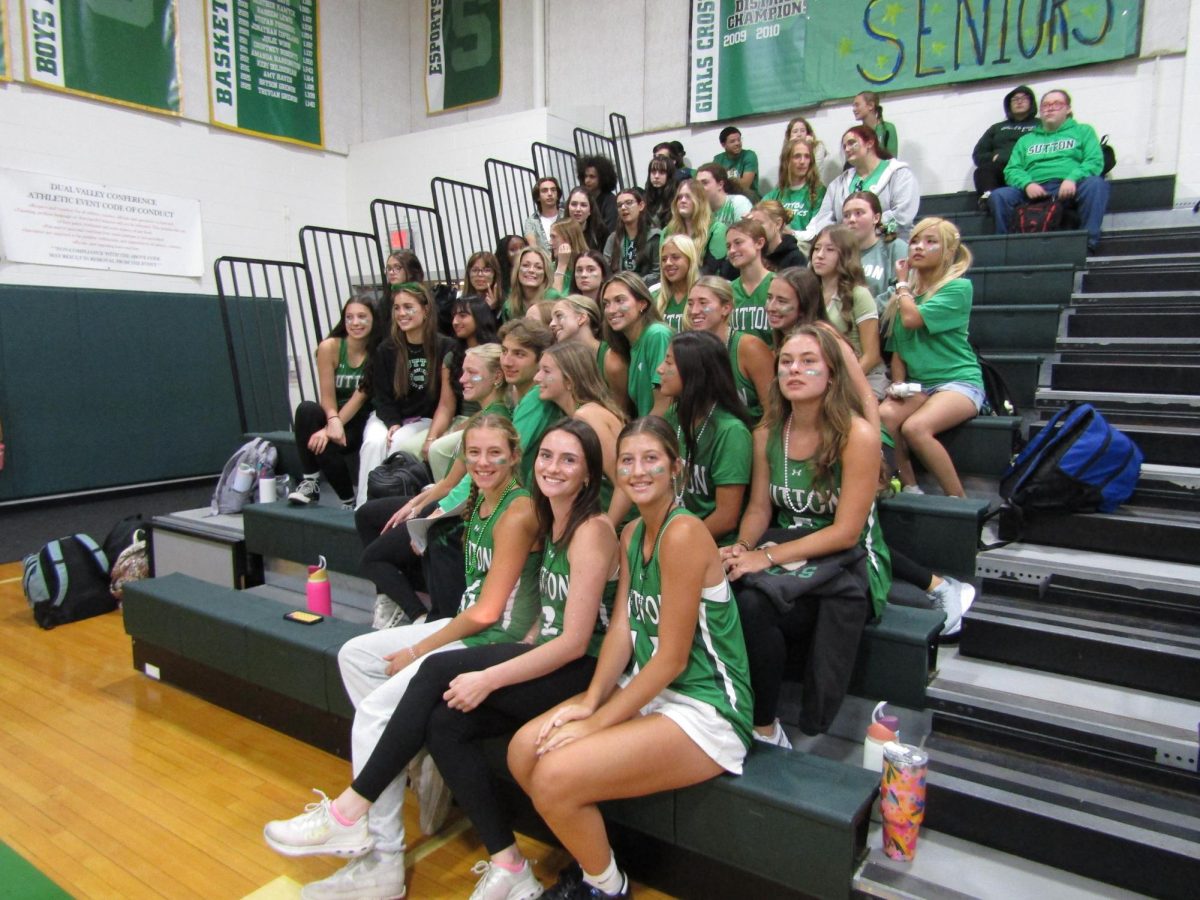
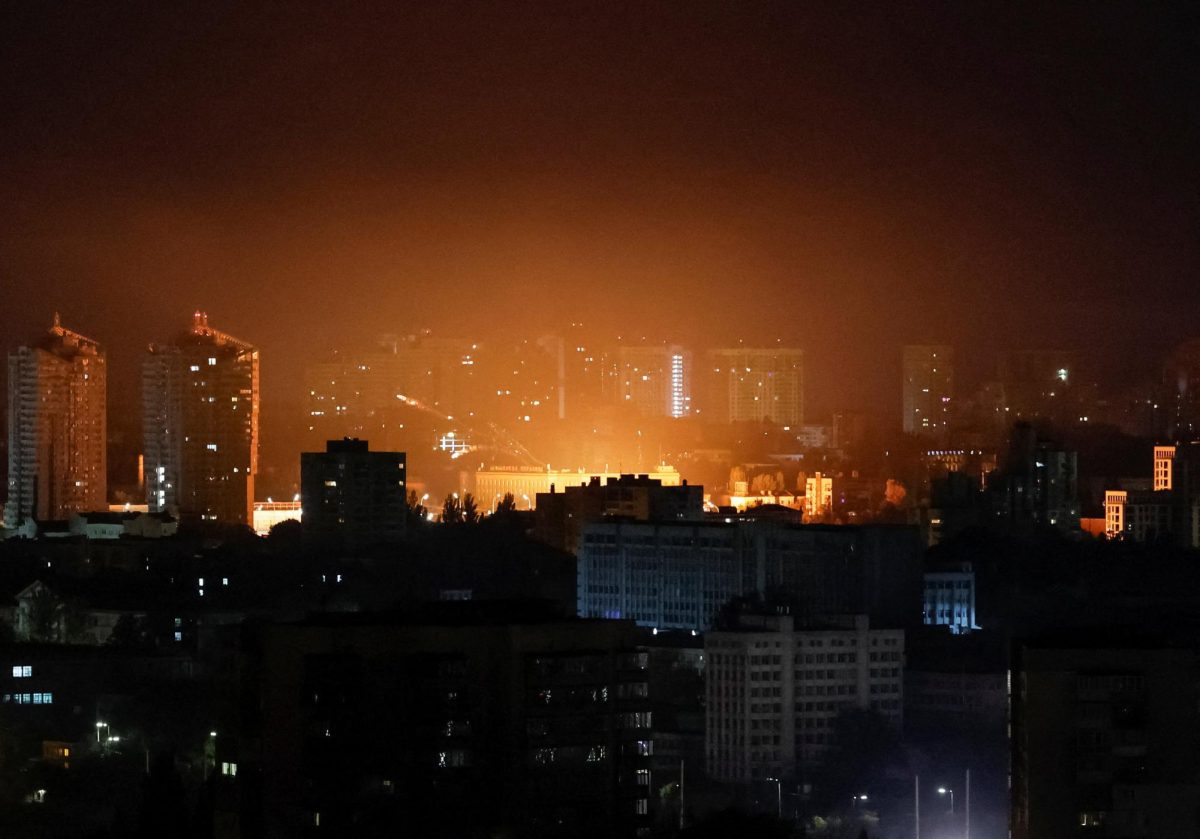








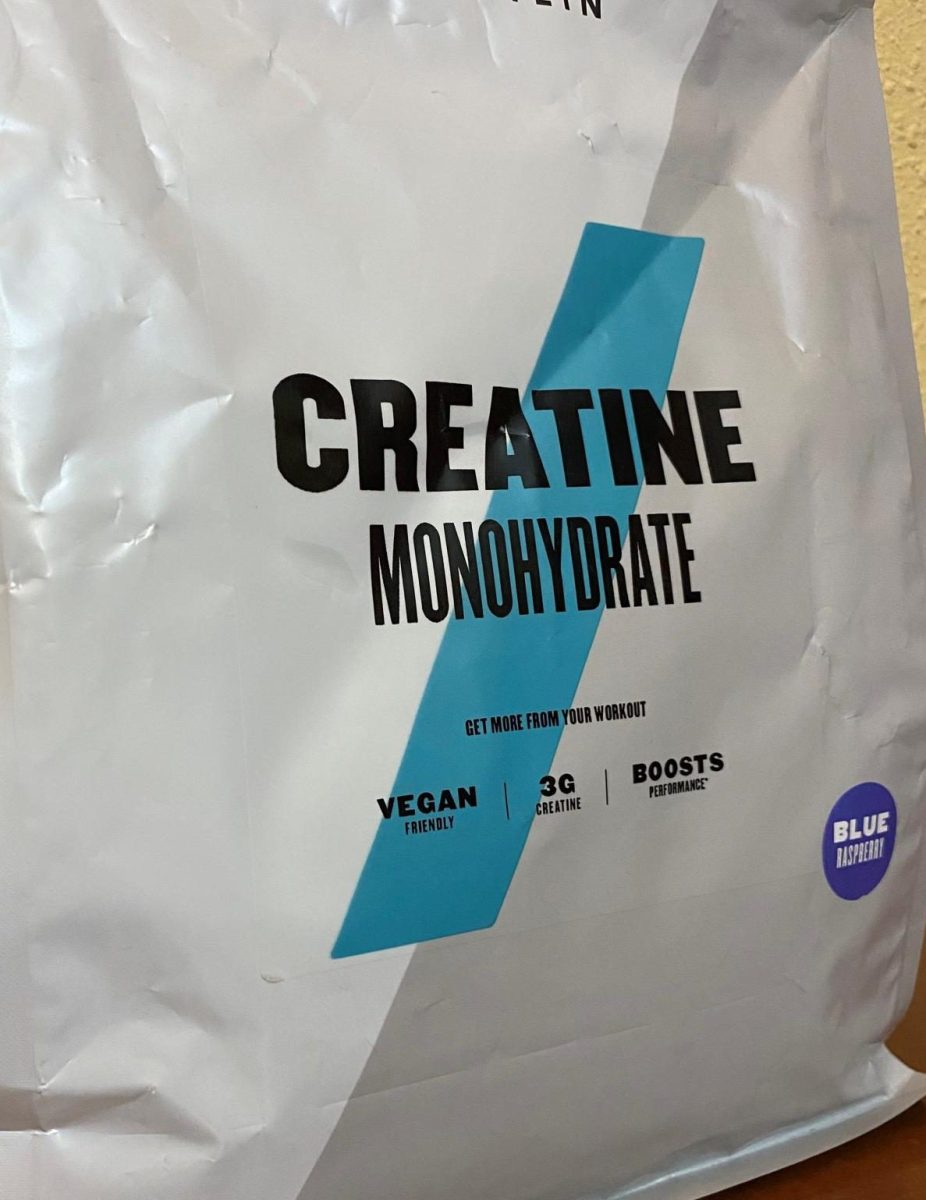
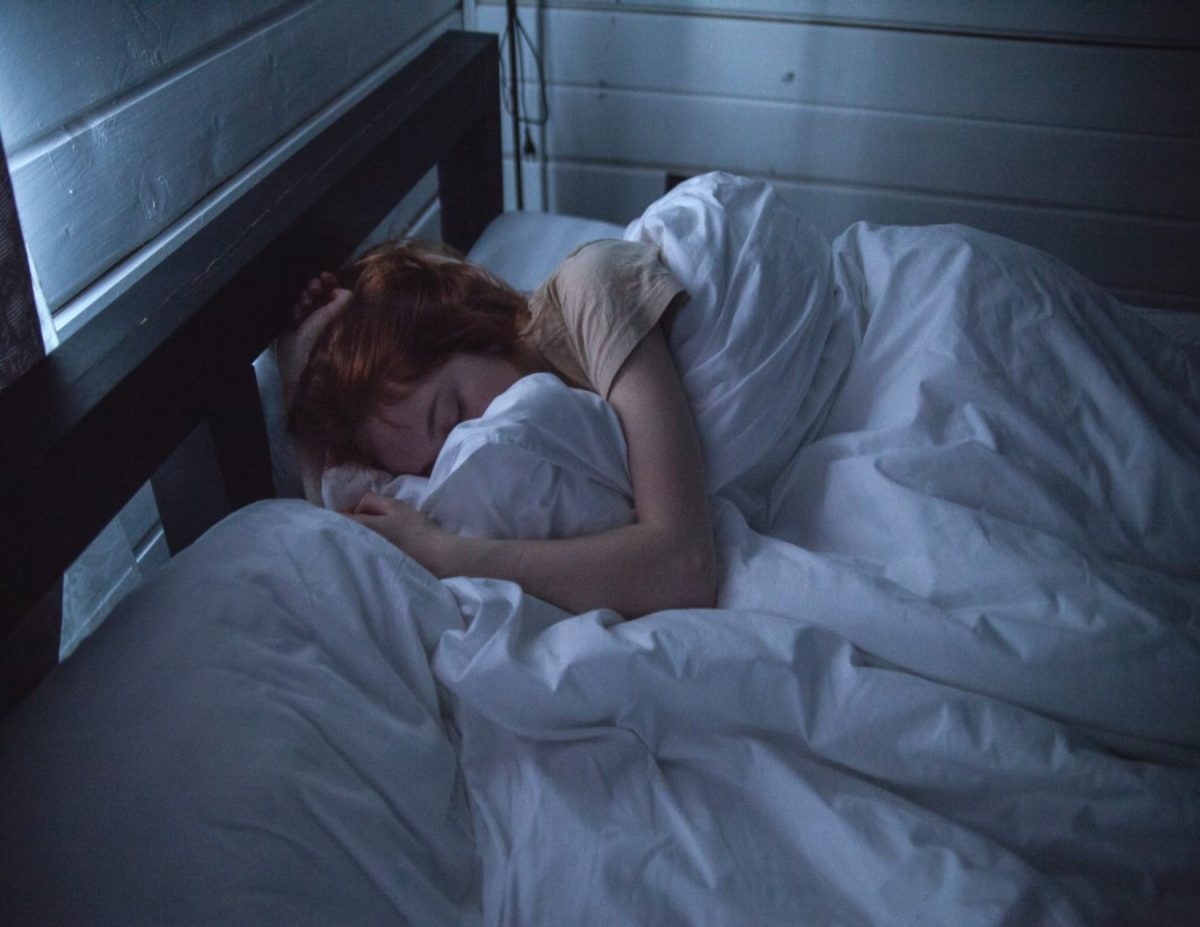

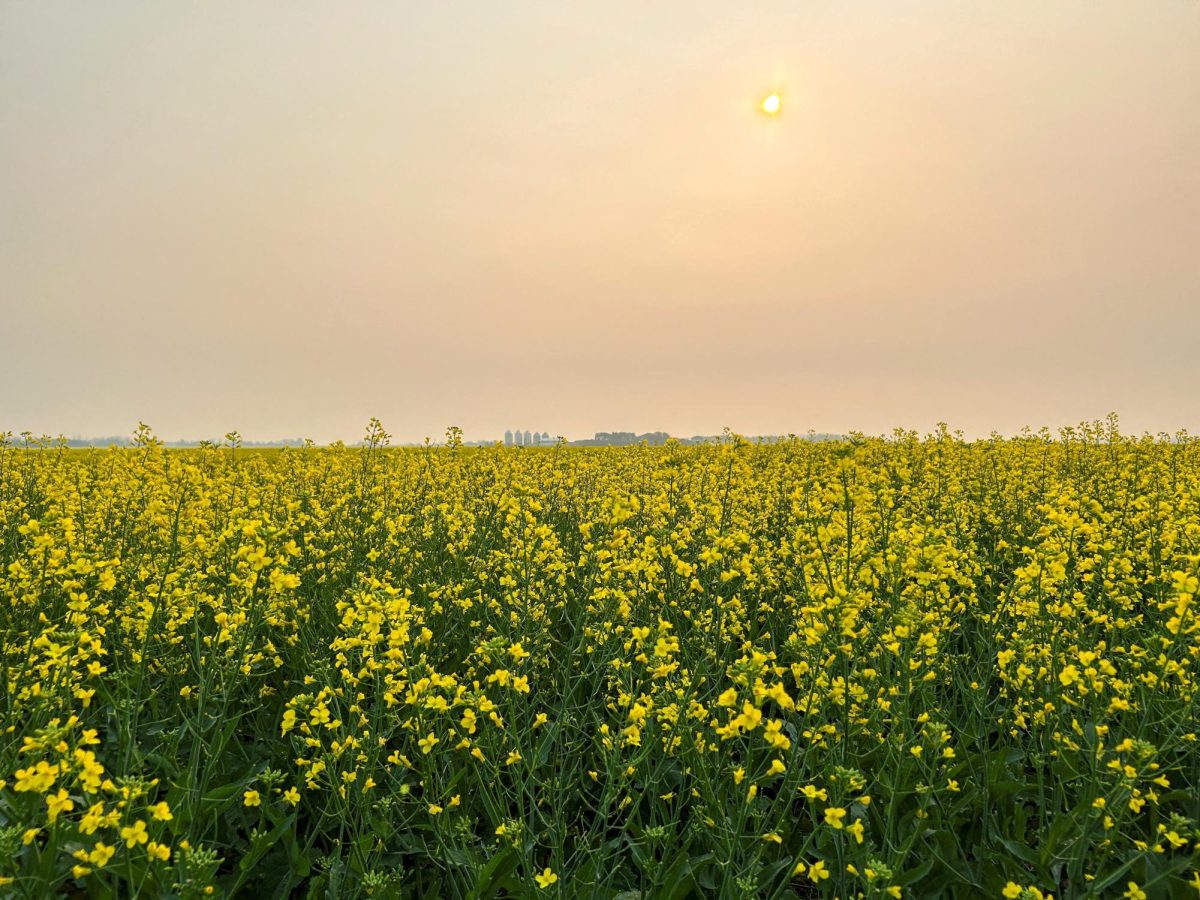
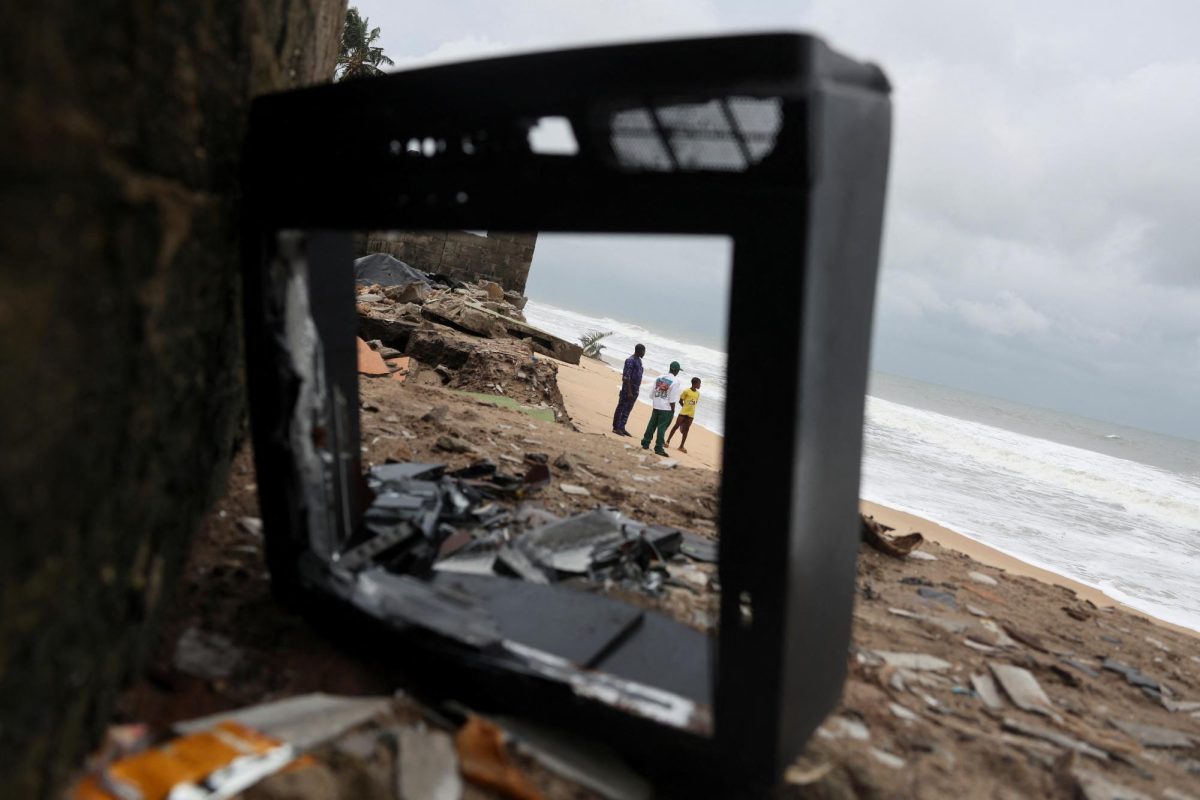

M Kelton • Oct 1, 2022 at 2:30 pm
Well said.